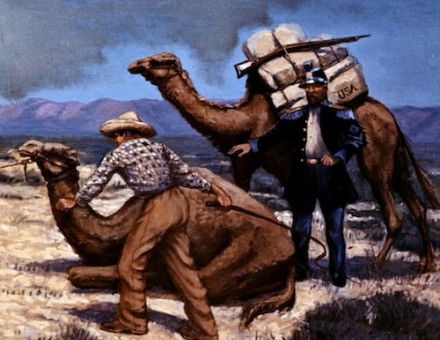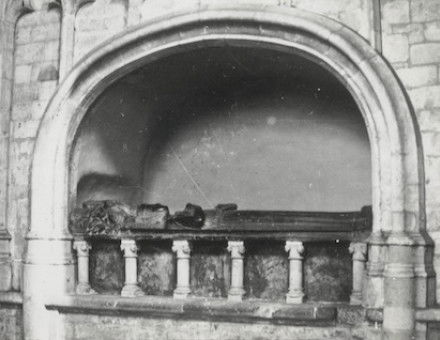Livingstone’s Rhodesian Legacy
Many missionary hopes in Africa were disappointed, writes W.F. Rea, but Livingstone and his colleagues achieved some successes along the Zambezi river.
Eighteen fifty-seven was David Livingstone’s year of glamour. Not that he wanted it; none could have wanted it less. But it was thrust upon him.
At the end of the previous year he had come back to England just after making his four-year journey from the middle of south-central Africa to the Atlantic, and then back again, all the way to the mouth of the Zambezi.
The lone missionary, with nothing to support him amid dark, untrodden forests, and among wild and little known people, except his Bible and his courage, appealed to the mid-Victorian public as perhaps no other inspiration could have done.
He was received by the Prince Consort; universities honoured him with their degrees; he was given the gold medal of the Royal Geographical Society; halls were packed to hear him speak and his book Missionary Travels in South Africa, though it ran to nearly seven hundred pages, became what today we call a best-seller.





